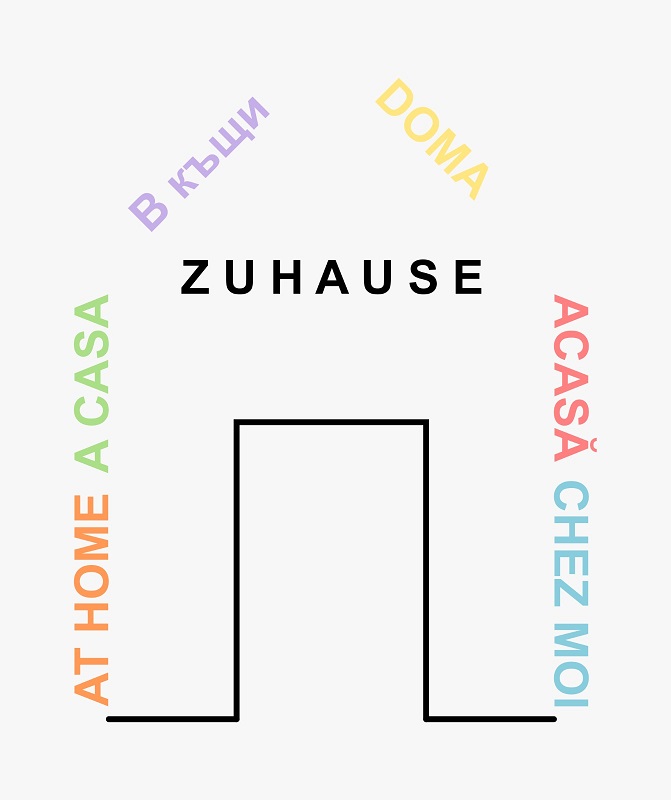How the online fight between Gen Z and the Millennials escalated
Not far ago, in 2019, millennials were mocking the baby boomer generation by using the phrase “OK Boomer“. Now the tables have turned, and the Millennials are no longer the revolutionary generation making fun of the old established attitudes. Millennials are now the target of online jokes regarding their fashion by the younger generation, Gen Z.
Would you describe your clothing style as trendy? If so, it is likely that you can be considered as a part of Gen Z. Or do you still love to wear your skinny jeans and side-parted hair like a typical millennial? These simple preferences regarding different fashion choices have divided the internet and led to a generational conflict on various online platforms. Whereas some Gen Zs have claimed that skinny jeans are now out of fashion and should be “cancelled“, some Millennials have fought back, protesting that no one can prescribe what to wear. This whole conflict escalated quickly, leading to hate songs and mocking videos. In my opinion, the people who took part in this online fight damaged the reputation of their generation. Especially for the Millennials, regarding their age, an online fight about fashion was not the most mature idea.
Millennials vs Gen
According to the Pew Research Centre, anyone born between 1981 and 1996 is a Millennial. The generation afterwards, Gen Z, is classified between 1997 and 2012. This categorisation implies that you share experiences with other people of your generation, like major political events, the economic situation of your country or the cultural and social influences through popular culture. Millennials were often criticised in newspapers as lazy in their career, unable to commit to their relationships and even as Facebook addicted. Yet, they are seen as adaptable, tolerant and open-minded. If you compare these to the stereotypical characteristics of a Gen Z, many are relatively similar. Like Millennials, Gen Zs are connected through social media, using Instagram and TikTok. Critics perceive their multitasking abilities as a lack of focusing. Additionally, Gen Z shares the liberal tolerant political view but appears more vocal and active, as seen in the “Fridays for Future“ movement. Another difference is Gen Z’s preference in working, where not flexibility but independence is favoured. As you can see, these two differ in some areas, like fashion, but are not oppositional.
Do you identify with your generation?
After the controversial online dispute, I asked myself if I really identify with my generation. Even though I am part of Generation Z, I often understand references only for 90s kids. So, it is possible to share certain attributes with the other generation. Especially for people born between two generations, it can be hard to be sorted into one. Besides this, you sometimes don’t want to be associated with your generation because your opinions aren’t mainstream. Of course, a generation unites lots of people, each individually and differently. It is important to remember that your generation doesn’t determine you. It is just a construct to analyse the social structures and the influences of the time you were raised.
Author: Sandra Haupt




 Identità: Il complesso dei dati personali caratteristici e fondamentali che consentono l’individuazione o garantiscono l’autenticità, specialmente dal punto di vista anagrafico o burocratico. Siamo davvero soltanto quello che un libro anagrafico dice di noi?
Identità: Il complesso dei dati personali caratteristici e fondamentali che consentono l’individuazione o garantiscono l’autenticità, specialmente dal punto di vista anagrafico o burocratico. Siamo davvero soltanto quello che un libro anagrafico dice di noi?